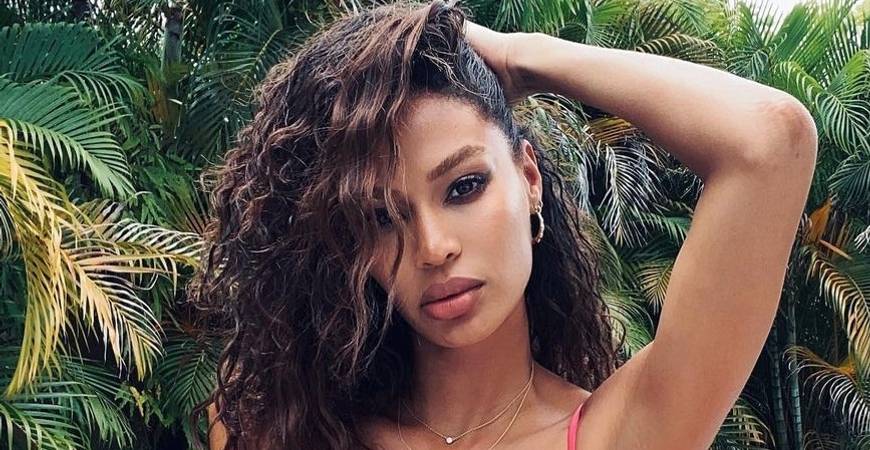
What Are the Differences Between African Brides and African American Brides?
There are many cultures and traditions that have their own unique customs and practices. In particular, African weddings are known for their vibrant and colourful celebrations. But within the realm of African weddings, there are two distinct types of brides – African brides and African American brides. While they may share some similarities, there are also a number of differences between these two types of brides.
Big differences between African brides and African American brides is their cultural background. African brides typically come from various countries in Africa, each with their own unique traditions and customs. On the other hand, African American brides often have a diverse mix of cultural backgrounds and may not have a strong tie to a specific African country. This can result in a blend of different customs and traditions from various African cultures being incorporated into the wedding ceremony.
Another difference between African brides and African American brides is the emphasis on family and community. In African cultures, family is highly valued, and weddings are seen as a community celebration. African brides often have large and elaborate weddings, with extended family members and community members invited to take part in the festivities. On the other hand, African American weddings tend to be more intimate, with a focus on the couple and their immediate family members.
The Rich Tapestry of African and African American Bridal Traditions
In terms of attire, both African brides and African American brides incorporate elements of their culture into their wedding attire. However, African brides tend to wear more traditional and elaborate garments, such as colorful and ornate dresses and headpieces. African American brides may opt for a more modern and Westernized approach to their wedding attire, while still incorporating elements of their African heritage.
Religion also plays a significant role in the differences between African brides and African American brides. Many African brides come from predominantly Christian or Muslim backgrounds, and their wedding ceremonies often reflect this. African American brides, on the other hand, may come from a variety of religious backgrounds and may incorporate elements from different religions into their wedding ceremonies.
The role of the groom also differs between African brides and African American brides. In many African cultures, the groom is responsible for paying a bride price or dowry to the bride’s family. This is not a tradition that is typically observed in African American weddings. Additionally, in African American weddings, the groom may have a more active role in the planning and execution of the wedding, whereas in African weddings, the bride’s family may take on a larger role in organizing the event.
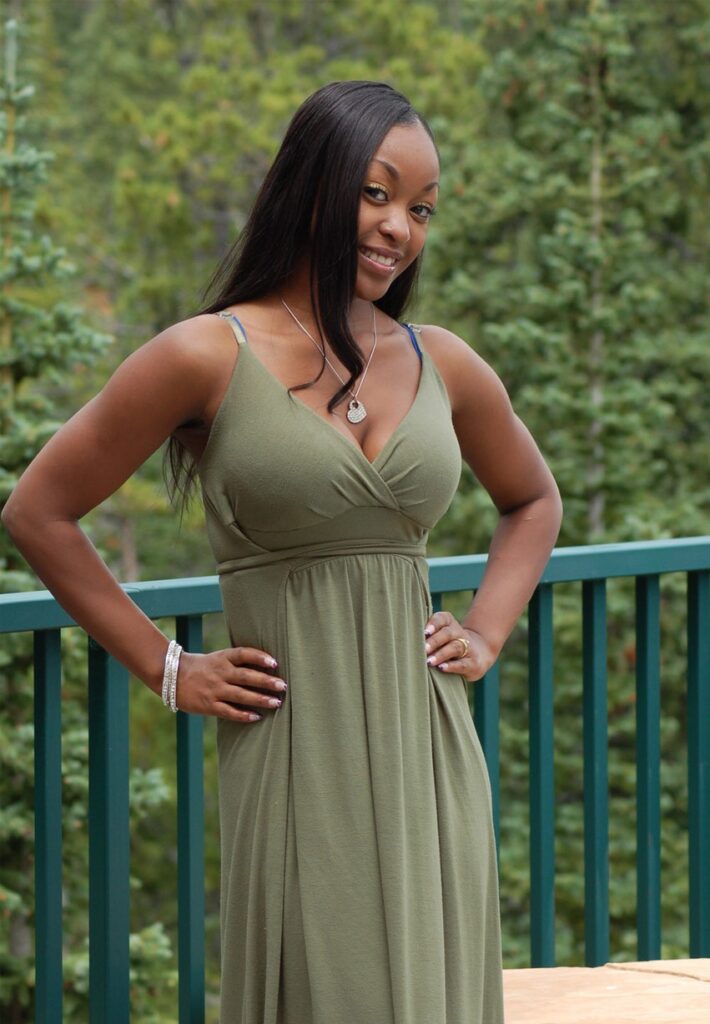
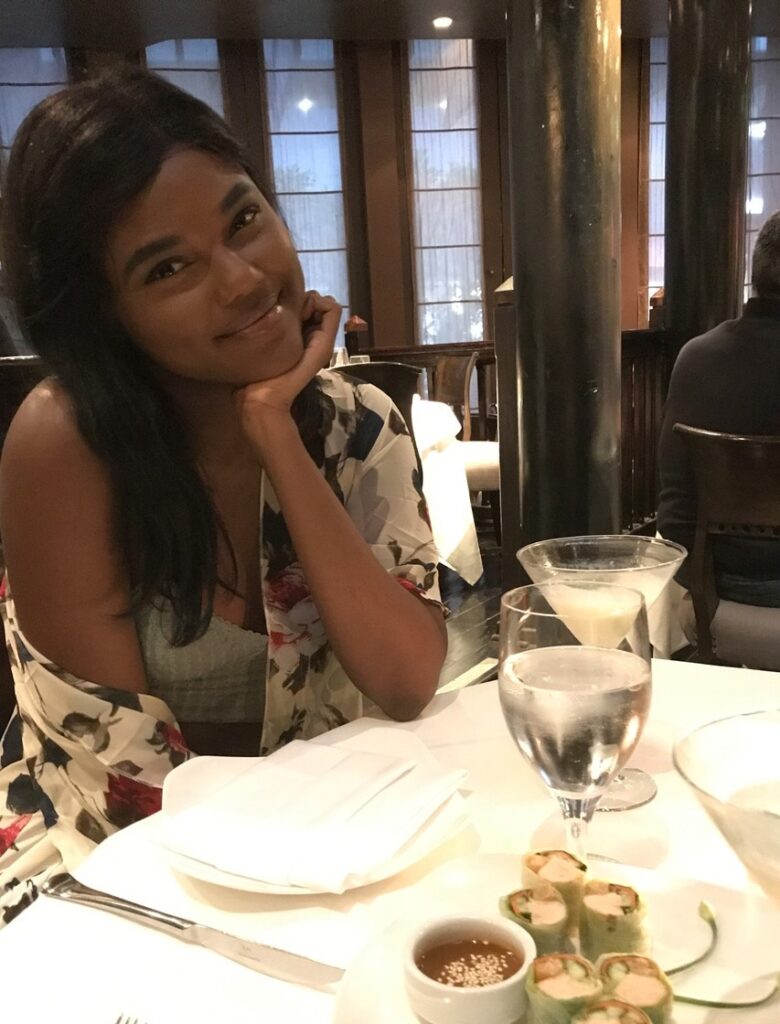
How Much Is A Bride Price In Africa?
A bride price, also known as bride wealth or dowry, is a sum of money or goods given by the groom or his family to the family of the bride as a form of compensation for the loss of their daughter. It is seen as a payment for the bride’s worth, and is often accompanied by traditional rituals and ceremonies.
The practice of paying a bride price has been in existence for centuries in Africa, and the amount paid varies from one region to another. In some cultures, it is strictly symbolic, while in others it can be a significant amount that may be negotiated between the two families.
In some parts of Africa, the bride price is not just a one-time payment, but a series of payments made over a period of time. This is often seen as a way to show the groom’s commitment and ability to take care of the bride and their future family.
The Role of Bride Price in African Marriage Ceremonies
The amount of the bride price is also influenced by different factors such as the social status and wealth of the families involved, the education level of the bride, and the region in which they live. In some communities, the bride price may be higher for a bride who is well-educated or from a prominent family.
While the concept of a bride price may seem archaic to some, it holds great significance in African societies. It is seen as a way to strengthen the bond between the two families and to ensure the stability of the marriage. In many cultures, the bride price is also a way for the bride’s family to recoup the expenses they incurred in raising their daughter.
Yet, the practice of paying a bride price has also been criticized for reinforcing gender inequality and treating women as property. This has led to calls for its abolition or modification to make it more equitable.
What Traditions Should I Know Before Marrying an African Bride?
In many African cultures, the groom is required to pay a bride price to the family of the bride. This tradition is seen as a sign of respect and appreciation towards the bride’s family for raising their daughter. The bride price can vary depending on the tribe and the family’s social status, but it usually includes gifts, livestock, and/or money. This tradition also symbolizes the groom’s ability to take care of his future wife and her family.
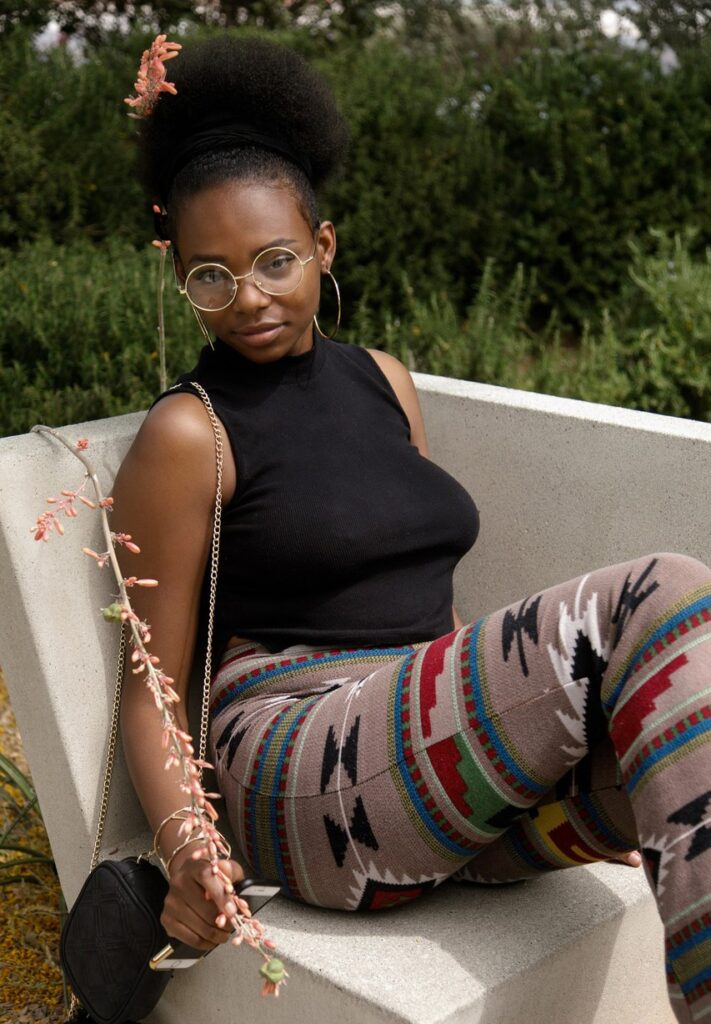
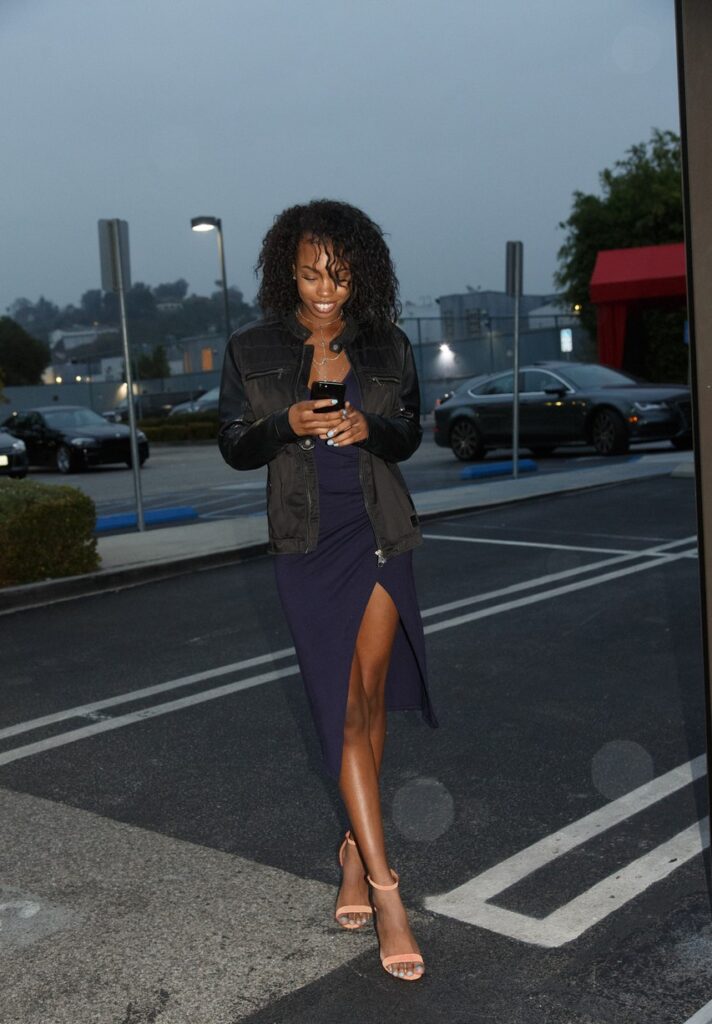
Traditional Wedding
In many African cultures, a traditional wedding ceremony is a significant part of the marriage process. This ceremony is usually held in the bride’s village and includes rituals and customs that have been passed down for generations. This is a great opportunity for the bride and groom to honor their families and ancestors, and to showcase their cultural heritage. It’s important to respect and participate in these traditions to show your commitment to your partner and their culture.
Family Involvement
Family plays a crucial role in African marriages, and it’s not just limited to the immediate family. In many African cultures, the extended family also plays a significant role in the marriage process. It is common for the potential in-laws to visit each other and have a formal introduction before the wedding. This is their way of acknowledging and accepting the new family member.
Traditional Attire
Other important tradition to know before marrying an African bride is the traditional attire. African weddings are known for their vibrant and colourful clothing, which reflects the rich cultural heritage of the continent. Depending on the region and tribe, the bride and groom may wear traditional attire made from various fabrics, such as Kente, Ankara, or Bongolan. It is customary for the bride and groom to match their attire to show their unity as a couple.
Community Celebration
Marriages in Africa are not just a union between two individuals, but it is also a celebration of the entire community. It is common for weddings to be large and festive affairs, with friends, family, and community members coming together to celebrate and bless the newlyweds. This is a beautiful tradition that emphasizes the importance of community and support in a marriage.
What Are Some Unique Aspects of African Bride Wedding Ceremonies?
The beauty and diversity of African cultures are evident in their colorful and vibrant wedding ceremonies. Each country and tribe within Africa has its own unique traditions and customs that make the celebration of marriage a truly special and unforgettable experience. Whether it’s the stunning fashion, lively music and dance, or meaningful rituals, there are several distinct aspects of African bride wedding ceremonies that set them apart from other cultures.
Traditional African attire is a standout feature of the bride on her special day. From the bold and colorful prints of West Africa to the intricately beaded and embroidered garments of Eastern and Southern Africa, each bride’s wedding dress is a reflection of her heritage and personal style. The use of traditional fabrics and designs not only adds a touch of authenticity, but also showcases the richness and diversity of African textile and fashion traditions.
Music and dance are also integral parts of African bride wedding ceremonies. The lively beats of drums, rattles, and other traditional instruments, along with the rhythmic movements of the dancers, create an electric and joyful atmosphere. These celebrations of love are often accompanied by traditional songs and chants that tell stories of love and marriage, making the wedding ceremony a truly memorable and festive occasion.


How do African Bride Wedding ceremonies vary by region?
Unique aspect of African bride wedding ceremonies is the importance of community and family involvement. In some cultures, the entire village or tribe is invited to celebrate the union of two individuals, making the wedding a grand event with hundreds of guests. Family also plays a significant role, with parents and extended family members often having a say in the preparations and traditions of the wedding. This close-knit community support adds to the overall joy and beauty of the ceremony.
Another interesting aspect of African bride wedding ceremonies is the presence of meaningful rituals and symbols. These rituals can vary greatly from region to region, but they all hold significant cultural and spiritual significance. One example is the breaking of the kola nut in some Nigerian weddings, symbolizing the couple’s willingness to share their wealth and hospitality with their guests. In other cultures, ceremonial blessings and prayers are said, symbolizing the couple’s commitment to God and their faith.
Ohe food served at African bride wedding ceremonies is nothing short of spectacular. Each region and tribe has its own culinary specialties, but all share a love for flavorful and hearty dishes. The wedding feast is often a feast for the senses, with a variety of dishes that reflect the couple’s culture and personal tastes. From spicy stews and soups to savory rice dishes and fried plantains, the food is a true testament to the richness of African cuisine.

